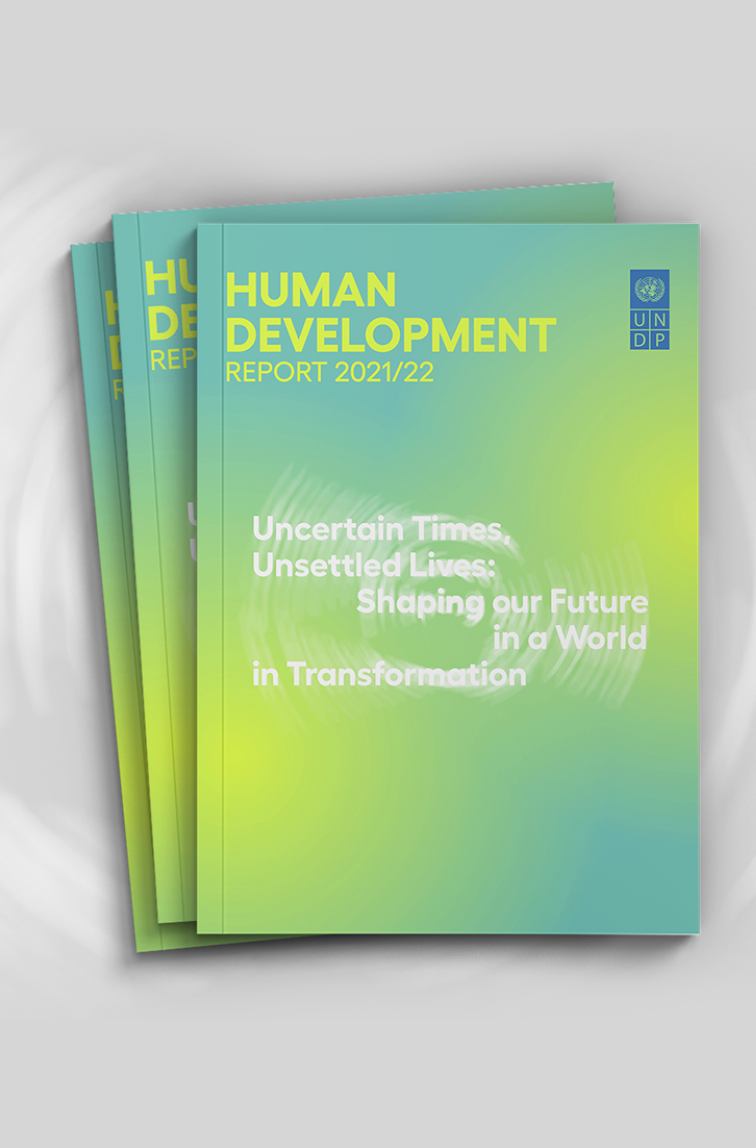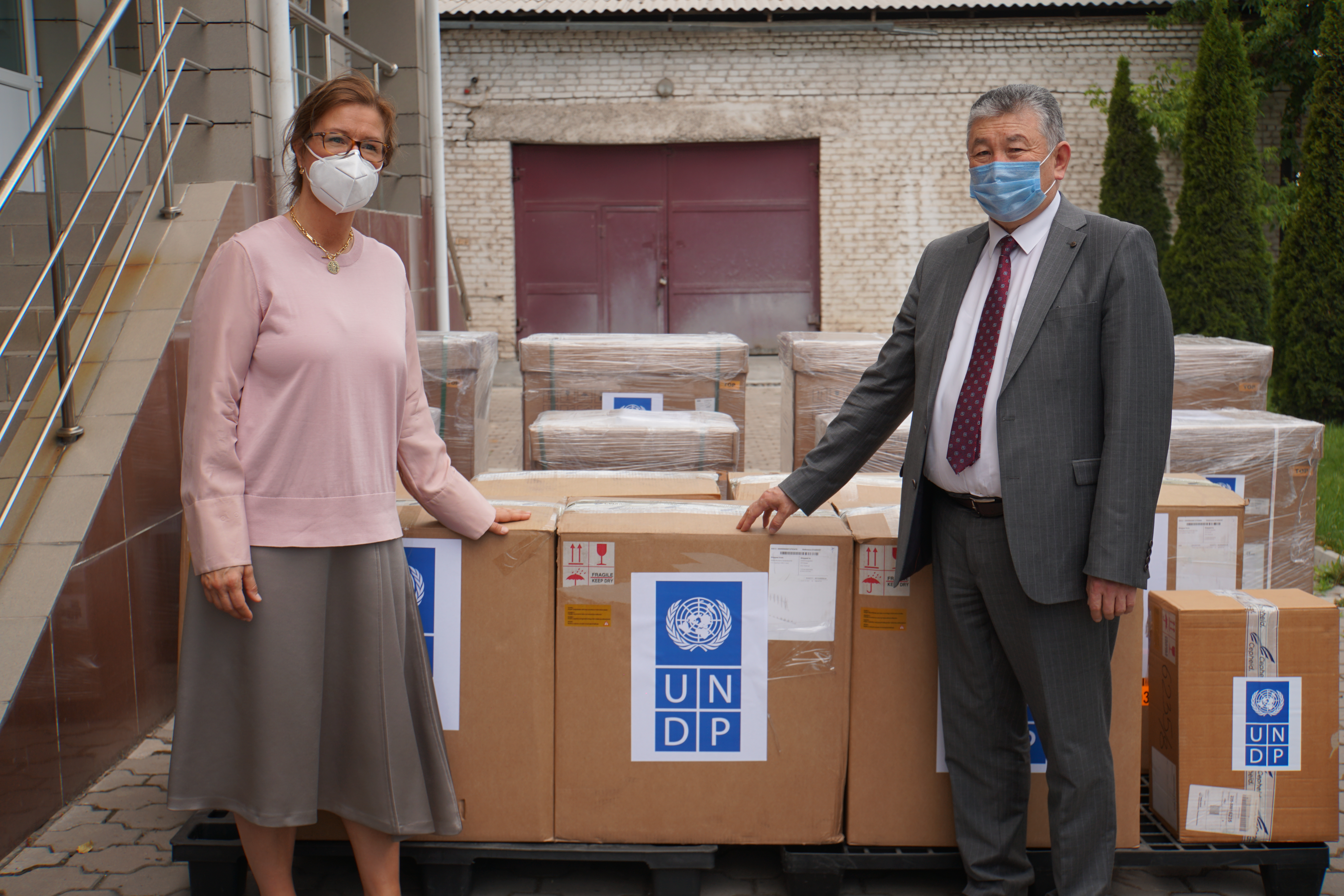
Inclusive performance.
On 10 December 2024, Bishkek City Drama Theater will host the first inclusive performance in Kyrgyzstan. The performance will feature stories of 12 girls and women with disabilities, who will be sharing their experience related to overcoming discrimination based on disability and gender. The performance is part of the "16 Days of Activism Against Gender-Based Violence" campaign and the International Day of Persons with Disabilities.
One of the heroines of the performance, 23-year-old Aliya Yuldasheva, participates in the theatre performance with her parents. She says, "When I was invited, I was delighted to be able to share my concerns through art. I dance and sing well, know English, have computer skills, and love reading books. But people often ask my parents about me instead of talking to me directly. This bothers me. So, in this performance, I try to convince the audience that I have a voice, an opinion, and the right to make decisions. I can speak, and I have something to say!"

Aliya Yuldasheva, a participant in the theatre performance with her parents.
During the preparation for the performance, Aliya attends daily rehearsals, where she met girls with various disabilities. "At first, it was scary to go on the big stage," she admits. "But I really enjoy the rehearsals, where we experience a sea of different emotions: we cry, laugh, are surprised, learn something new, and support each other. Our rehearsals have turned into a kind of therapy. We all became friends, especially close with Kunduz and Nishana. And now I can even say some phrases in sign language."
Initially, the family decided that Aliya would be on stage with her mother. However, since her mother had to miss rehearsals due to work, Aliya's father Erkindik replaced her. For him, this unexpected project is also significant, allowing him to express his opinion to the audience. "My observations show that fathers rarely participate in the lives of children with disabilities. So, I think my participation in the performance can signal that they should become closer to their children. Now I clearly understand that for Aliya, I am her white cane and support: in life, on stage, always."

Aliya's father during her rehersal.
Although Aliya's mother, Oksana, does not participate in the stage action, the whole process has become an important event for her and a reason to change the routine of everyday life. "I work a lot on the computer, teach English," she says. "Rehearsals have become a breath of fresh air for me. It helps to switch off and feel part of something important."
In the cozy theater hall, rehearsals are in full swing. Aliya is on stage with her father. At first, Aliya is nervous: the script seems complicated, the spotlight is a bit blinding, but her support is nearby—her father hugs and calms her. And in the audience, Oksana watches the performance with trepidation.
"When we found out that Aliya could participate in the performance, I was thrilled," recalls her mother, Oksana. "Such opportunities are rarely provided for people with disabilities. And here is a theater where they ask not just to play a role, but to be themselves. It has become a real celebration for us, an opportunity to spend more time together, to do something creative and joint."
At first, the family did not know how Aliya would cope with such a challenging experience. "We were used to seeing her as our child," says Oksana. "But now we began to see her differently, as a person, as a worker, as an actress. It's an incredible feeling."

Aliya and her parents.
For Aliya, the theater has become an important stage. Her mother proudly talks about how Aliya has changed: "She has become more responsible. Now Aliya knows what it means to be part of a team. She keeps track of time, gets ready for meetings herself, and runs to rehearsals with joy. Her discipline and enthusiasm inspire us all."
For Aliya, the theater is not only an opportunity to express herself but also a chance to convey an important message. "The main thing is not to be afraid of anything, not to limit yourself. And everything will be fine," she says confidently.
Her mother adds, "This project gave our daughter the feeling of being part of something bigger. And for us, as parents, it is an opportunity to be proud of her courage."
Rehearsals continue, and Aliya's family already dreams that this performance will be the beginning of something bigger. "We hope this is her first, but far from her last project. For Aliya, this is life, this is inspiration, this is an opportunity to understand that possibilities are limitless."
The performance emphasizes the importance of inclusion, breaking stereotypes about people with disabilities. Each participant is an example of strength and courage. These women show that their potential goes far beyond ordinary expectations.
The United Nations Development Programme supported the theatre performance to raise awareness about disability and break down the barriers that women with disabilities face in their daily lives. The performance is a language of social change, an opportunity to free oneself from self-stigmatization and get rid of societal stereotypes about disability in our country.

 Locations
Locations



















